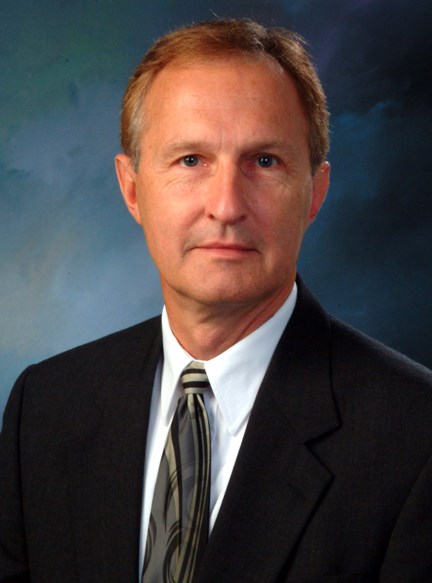
Peter Karpawich, M.D., a professor of Pediatrics for the Wayne State University School of Medicine, served as an invited keynote speaker and faculty at the 13th European Cardiology Congress held Dec. 5-6 in Madrid, Spain.
He presented "Congenital/Structural Heart into the 21st Century: Advances in Diagnosis and Intervention," sharing that the world of congenital heart issues is rapidly moving away from pediatrics, as adults with repaired congenital hearts constitute a growing and challenging patient group.
"With early surgical repair, patients who previously would not have survived infancy are now attaining adulthood. Currently there are more patients more than 21 years of age with congenital heart than children," he said.
A repaired congenital heart is not always normal, and patients require lifelong care. "Newer technologies in identification, such as the creation of 3D plastic models from magnetic resonance imaging, have improved familiarization with anatomy," he added. "Newer interventions such as transcatheter valve insertions and devices to close septal defects and enlarge stenotic vessels have removed surgical risks associated with repeat thoracotomies, and the application of resynchronization pacing has improved heart failure management."
Dr. Karpawich also was elected to the editorial board of Heart Rhythm, the official scientific journal of the Heart Rhythm Society and the Cardiac Electrophysiology Society. He is director of Cardiac Electrophysiology at Children's Hospital of Michigan.